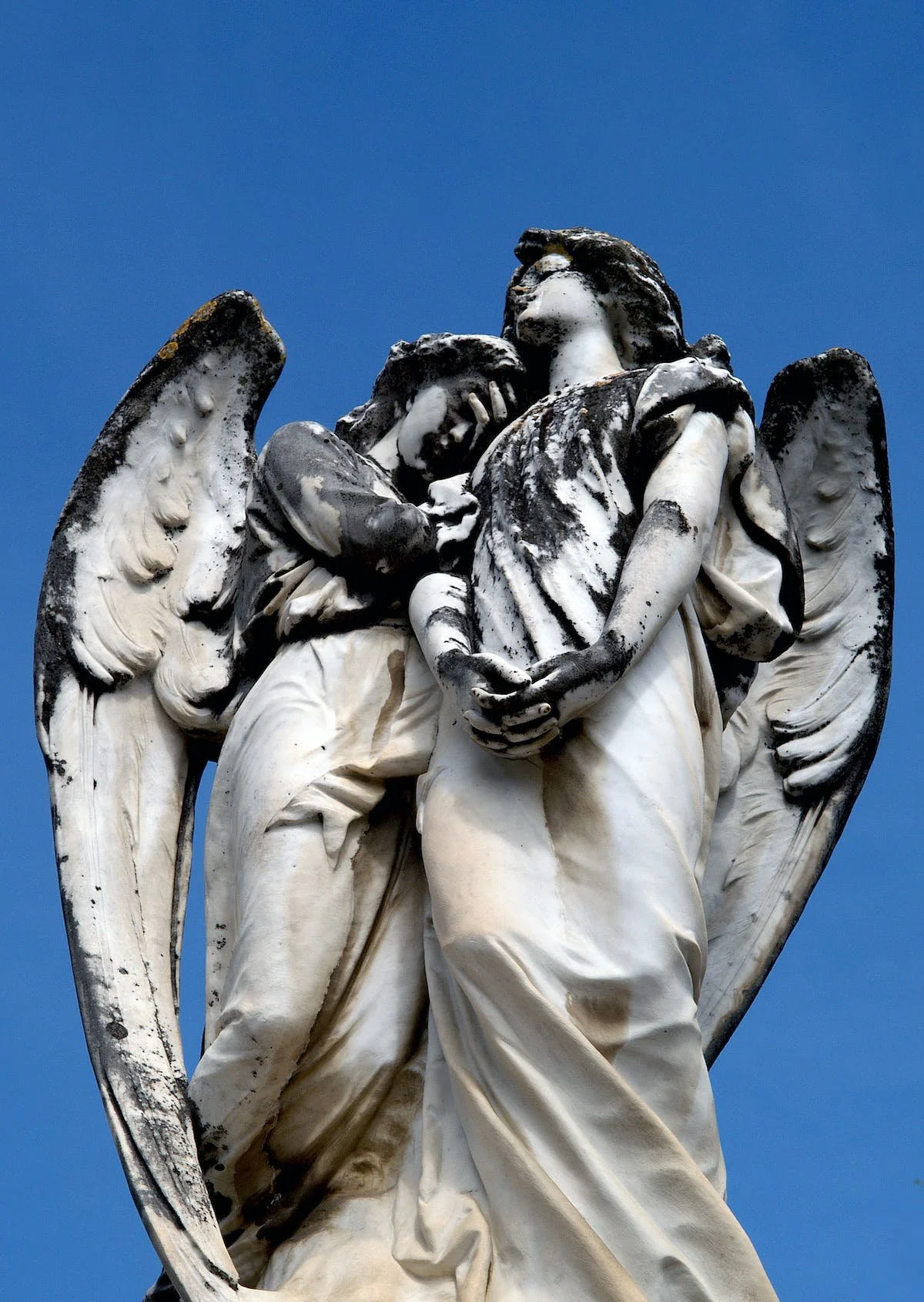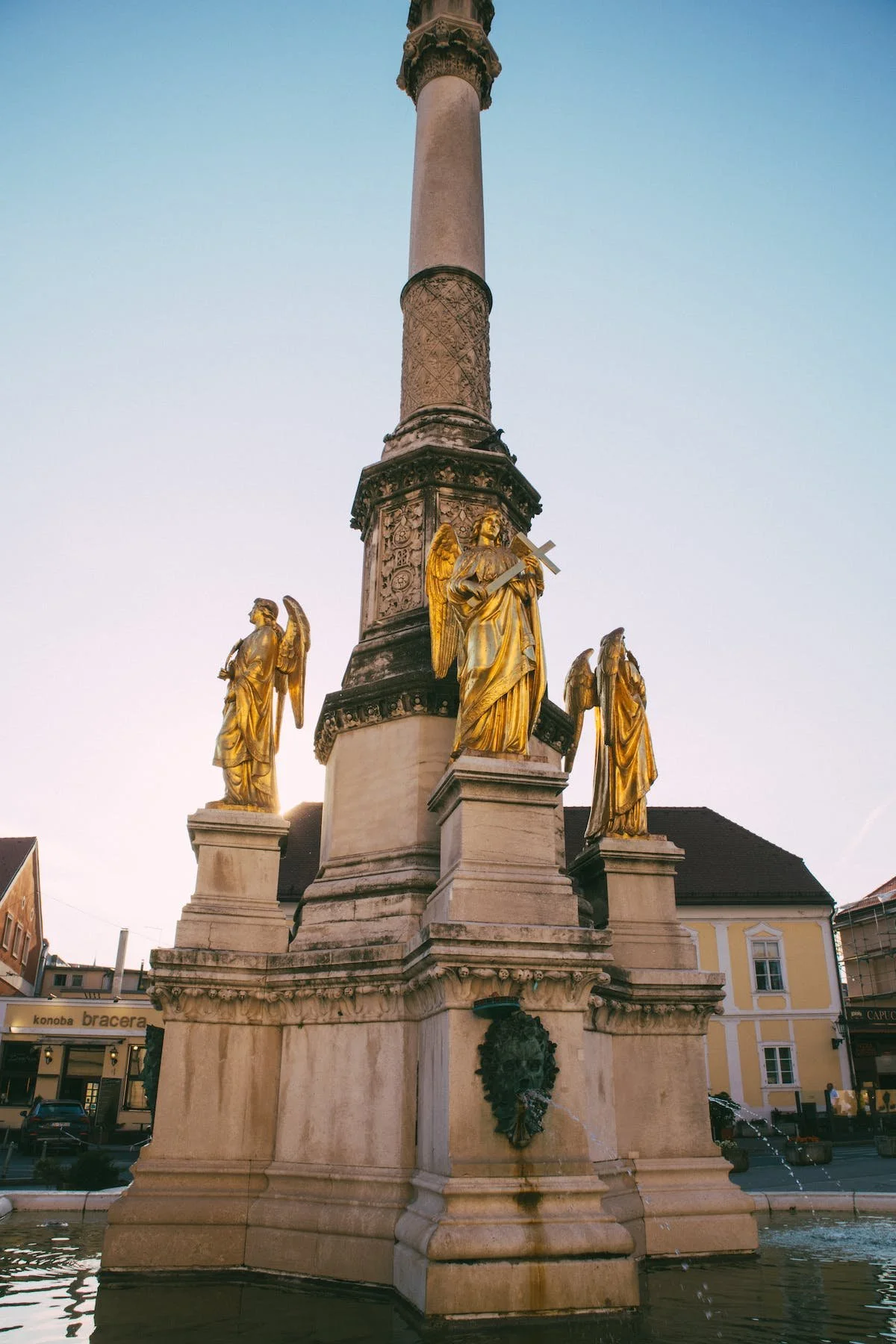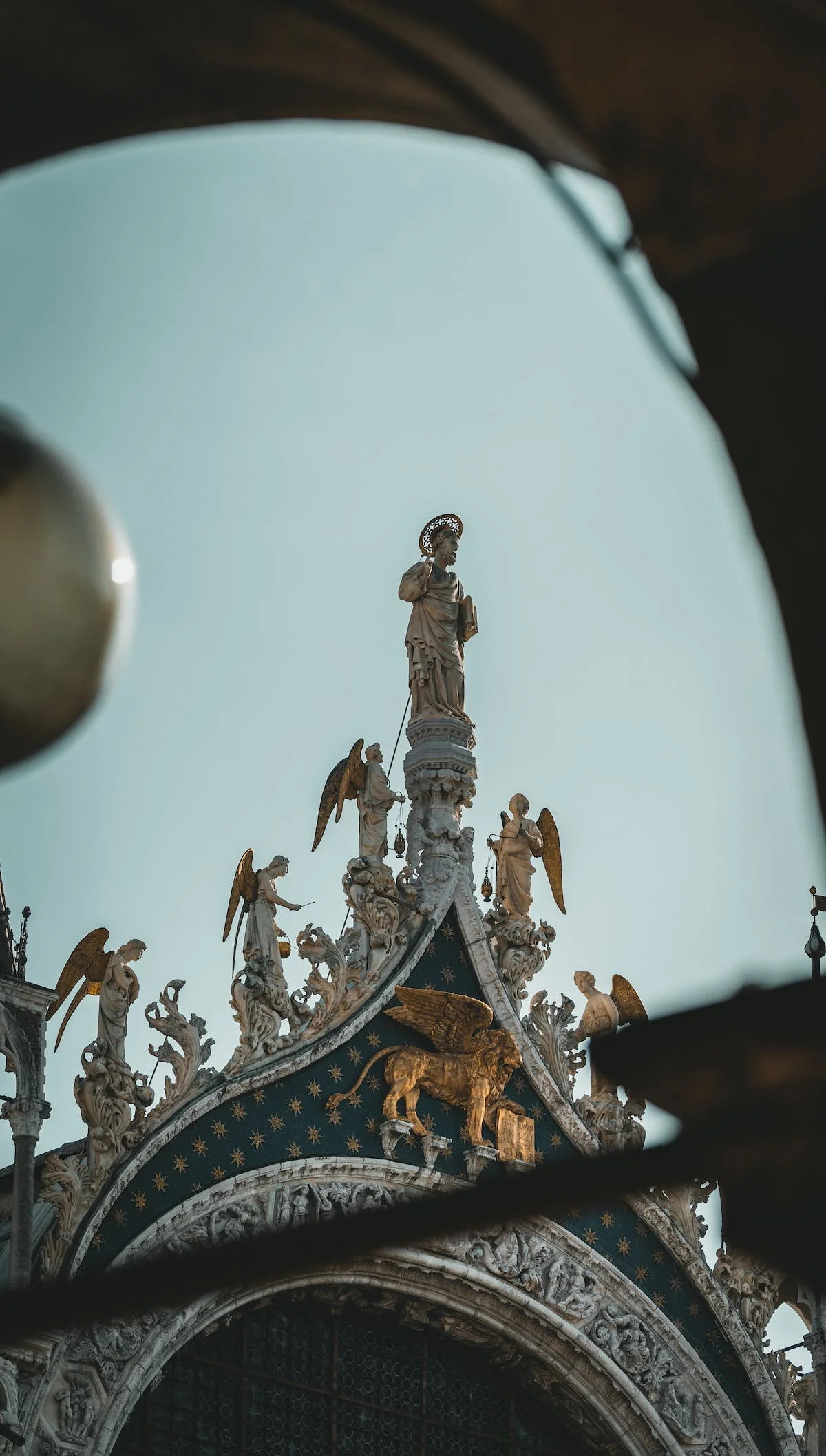The Symbolism of Angels
The Symbolism of Angels
Angels are spiritual beings who serve God in various capacities. They are often depicted as messengers, guardians, and protectors. In many cultures, angels are also seen as symbols of hope, love, and light.
The symbolism of angels is rich and varied. Some of the most common symbols associated with angels include:
Wings: Wings are a common symbol of angels, and they often represent their ability to fly between heaven and earth. They can also symbolize freedom, grace, and lightness.
Halos: Halos are often depicted around the heads of angels, and they symbolize their purity and holiness. They can also represent enlightenment and wisdom.
Light: Angels are often associated with light, which can symbolize their goodness, their connection to God, and their ability to bring guidance and comfort to people.
Fire: Fire is another symbol that is often associated with angels. It can represent their power, their ability to purify, and their connection to the divine.
Symbols of protection: Angels are often depicted carrying symbols of protection, such as swords, shields, or trumpets. These symbols can represent their role as guardians and their ability to protect people from harm.
The symbolism of angels can vary depending on the culture or religious tradition. However, the core meaning of angels as messengers, guardians, and symbols of hope and love remains the same.
In addition to the symbols mentioned above, there are many other ways to represent angels in art and literature. Some artists depict angels as beautiful, winged beings, while others portray them as more abstract or ethereal figures. Some writers describe angels as having humanlike qualities, while others emphasize their otherworldly nature.
No matter how they are depicted, angels continue to be a source of fascination and inspiration for people of all faiths. They represent the best of what we can be: kind, compassionate, and always willing to help others.
The Role of Angels in Religion
Angels play an important role in many religions, including Judaism, Christianity, and Islam. In Judaism, angels are seen as messengers of God who carry out his will. They are also believed to be guardians of the people of Israel.
In Christianity, angels are also seen as messengers of God. They are also believed to be involved in the care of humans, and they are often depicted as protecting people from harm. In addition, angels are believed to be present at important moments in human life, such as births, deaths, and religious conversions.
In Islam, angels are seen as servants of God who worship him and carry out his commands. They are also believed to be responsible for recording people's good and bad deeds.
The role of angels in religion is complex and varied. However, they are generally seen as benevolent beings who are involved in the care of humans and the fulfillment of God's will.
The Meaning of Angels in Modern Culture
Angels continue to be a popular subject of art, literature, and popular culture. They are often used as symbols of hope, love, and protection. In recent years, there has been a growing interest in angel therapy, which is a form of alternative medicine that uses the power of angels to heal and promote well-being.
The symbolism of angels is deeply rooted in human history and culture. They continue to be a source of comfort, inspiration, and hope for people of all faiths.




